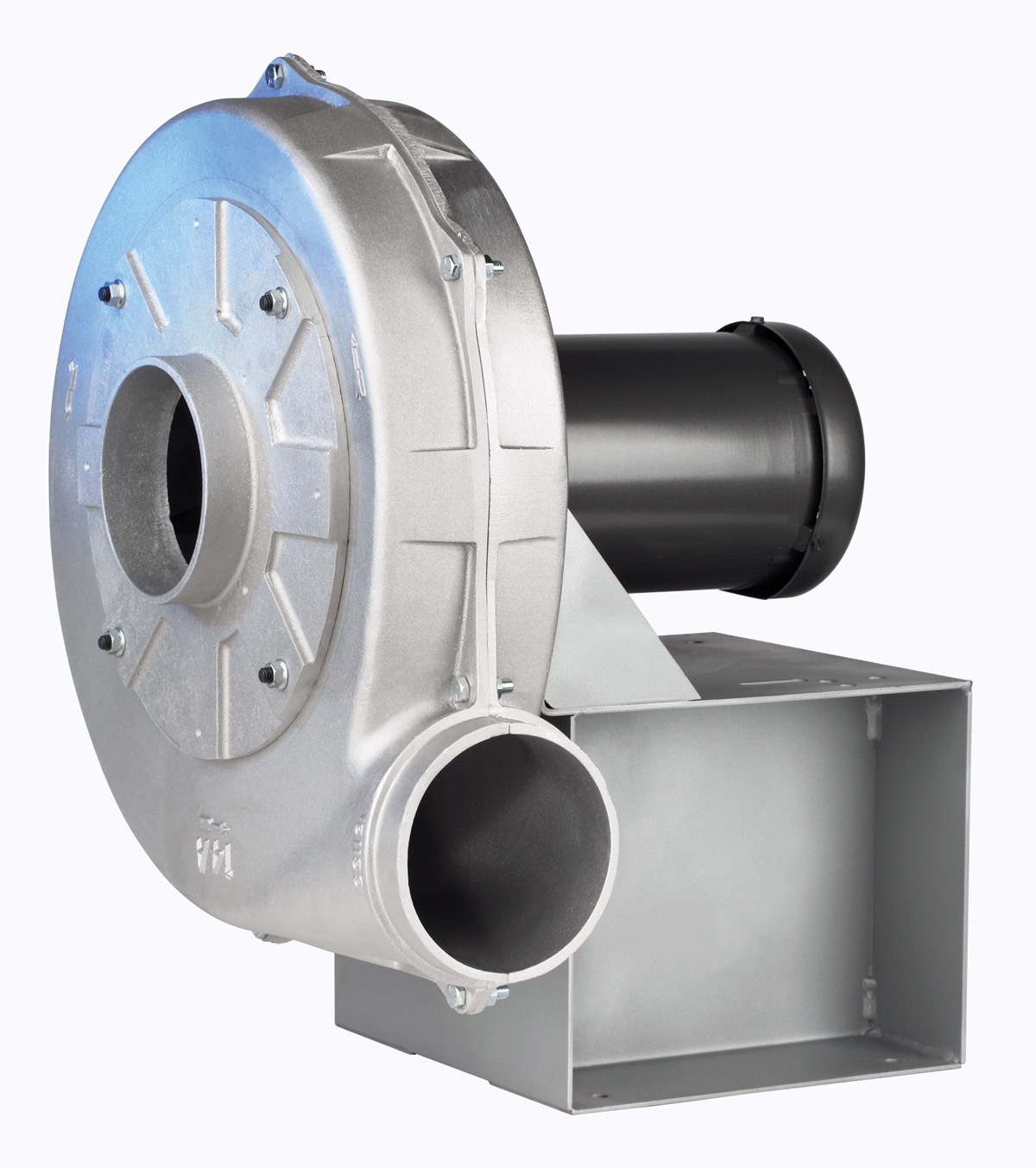The blowers have become an indispensable tool in various industries, offering unmatched efficiency in air movement and material handling. From construction sites to gardening, these powerful devices are designed to save time and effort while delivering exceptional results. But what exactly are the blowers, and why have they gained such widespread popularity? Let’s dive into the details to uncover their versatility, functionality, and the many ways they enhance our daily lives.
Whether you’re a professional landscaper, a DIY enthusiast, or someone curious about the mechanics of air-powered tools, the blowers cater to a wide range of needs. These devices are not just about blowing leaves or debris; they are engineered with cutting-edge technology to meet diverse demands. From cordless handheld models to heavy-duty backpack blowers, each type serves a unique purpose, ensuring that users can find the perfect fit for their requirements.
As we delve deeper into this guide, we’ll explore the history, types, benefits, and applications of the blowers, shedding light on why they are a must-have in both professional and personal settings. By the end of this article, you’ll have a comprehensive understanding of how these tools work, how to choose the right one, and how to maximize their potential. Let’s embark on this journey to discover the world of the blowers!
Read also:Mastering The Perfect Steak A Guide To Internal Steak Temperatures
Table of Contents
- What Are The Blowers?
- How Do The Blowers Work?
- Types of Blowers
- Benefits of Using The Blowers
- How to Choose the Right Blower?
- Maintenance Tips for The Blowers
- Common Misconceptions About The Blowers
- FAQs About The Blowers
What Are The Blowers?
The blowers are devices designed to move air or other gases at high speeds, creating a powerful stream that can be used for a variety of tasks. These tools are commonly used in landscaping, construction, and industrial applications, where they help clear debris, ventilate spaces, or assist in material handling. Their versatility and efficiency make them a favorite among professionals and hobbyists alike.
At their core, the blowers operate on a simple principle: they use a motor to generate airflow, which is then directed through a nozzle to create a concentrated stream. This stream can be adjusted in terms of speed and intensity, allowing users to tackle tasks of varying difficulty. Whether it’s clearing leaves from a driveway or drying surfaces after a cleaning session, the blowers offer unmatched convenience.
Over the years, the blowers have evolved significantly, with advancements in technology leading to quieter, more energy-efficient, and environmentally friendly models. Modern blowers come equipped with features like variable speed controls, ergonomic designs, and rechargeable batteries, making them more user-friendly than ever before. These innovations have expanded their applications, making them indispensable in both professional and personal settings.
How Do The Blowers Work?
Understanding the mechanics behind the blowers can help users appreciate their functionality and make informed decisions when selecting a model. At the heart of every blower is a motor, which powers a fan or impeller. This component spins rapidly, drawing in air from the surroundings and propelling it through a nozzle at high speed. The result is a concentrated stream of air that can be directed to achieve the desired effect.
What Makes The Blowers So Powerful?
The power of the blowers lies in their ability to generate high air velocity. This is achieved through the design of the impeller, which compresses air as it spins, increasing its speed and pressure. The nozzle further amplifies this effect by focusing the airflow into a narrow stream, making it capable of moving even heavy debris with ease.
Can The Blowers Be Used for More Than Just Cleaning?
Absolutely! While the blowers are commonly associated with cleaning tasks, their applications extend far beyond that. For instance, they are used in construction to clear dust and debris from work areas, in agriculture to spread seeds or fertilizers, and in manufacturing to cool or dry products. Their versatility makes them a valuable tool in numerous industries.
Read also:Discover The World Of Lucifer Oyuncular305 Unveiling The Stars Behind The Screen
Types of Blowers
The blowers come in various types, each designed to meet specific needs. Understanding the differences between these types can help users choose the right tool for their tasks. Below are the most common types of blowers available on the market:
- Handheld Blowers: Compact and lightweight, these blowers are perfect for small-scale tasks like clearing leaves from a patio or driveway. They are easy to maneuver and ideal for users who prioritize portability.
- Backpack Blowers: Designed for larger jobs, backpack blowers offer more power and longer battery life. They distribute the weight of the device across the user’s back, reducing strain and fatigue during extended use.
- Wheeled Blowers: These heavy-duty blowers are mounted on wheels, making them easy to move around large areas. They are typically used in commercial settings, such as parks or sports fields, where efficiency is key.
- Electric Blowers: Powered by electricity, these blowers are quieter and more environmentally friendly than their gas-powered counterparts. They are ideal for residential use and smaller projects.
- Gas-Powered Blowers: Known for their power and versatility, gas-powered blowers are a favorite among professionals. They are suitable for demanding tasks and can operate independently of power outlets.
Benefits of Using The Blowers
The blowers offer numerous advantages that make them a popular choice for both professionals and homeowners. Their efficiency, versatility, and ease of use set them apart from traditional cleaning methods. Let’s explore some of the key benefits:
- Time-Saving: With the blowers, tasks that would normally take hours can be completed in a fraction of the time. Their powerful airflow quickly clears debris, leaving surfaces spotless.
- Energy-Efficient: Modern blowers are designed to consume less energy while delivering maximum performance. This makes them an eco-friendly option for those looking to reduce their carbon footprint.
- Versatility: From cleaning driveways to drying surfaces, the blowers can handle a wide range of tasks. Their adjustable settings allow users to customize the airflow to suit their needs.
- Ergonomic Design: Many blowers are designed with user comfort in mind, featuring lightweight materials and ergonomic handles to reduce strain during use.
- Cost-Effective: Investing in a quality blower can save money in the long run by reducing the need for manual labor or hiring professional cleaning services.
How to Choose the Right Blower?
With so many options available, selecting the right blower can be a daunting task. However, by considering a few key factors, users can find a model that meets their specific needs. Here’s a guide to help you make an informed decision:
What Factors Should You Consider When Buying a Blower?
When shopping for a blower, it’s important to evaluate the following factors:
- Power Source: Decide between electric, gas-powered, or battery-operated models based on your preferences and the tasks you plan to tackle.
- Air Speed and Volume: Look for a blower with adjustable settings to ensure it can handle both light and heavy-duty tasks.
- Weight and Ergonomics: Consider the weight and design of the blower, especially if you plan to use it for extended periods.
- Noise Level: If you’re using the blower in a residential area, opt for a quieter model to avoid disturbing neighbors.
- Brand Reputation: Choose a reputable brand known for producing durable and reliable blowers.
Are There Any Specific Features to Look For?
Yes, certain features can enhance the functionality and convenience of a blower. These include variable speed controls, turbo boost modes, and easy-to-replace filters. Additionally, models with advanced safety features, such as automatic shut-off mechanisms, are worth considering for added peace of mind.
Maintenance Tips for The Blowers
To ensure your blower remains in top condition, regular maintenance is essential. Proper care not only extends the lifespan of the device but also ensures it operates at peak performance. Here are some tips to keep your blower in excellent shape:
- Clean the Air Filter: A clogged air filter can reduce the blower’s efficiency. Clean or replace it regularly to maintain optimal airflow.
- Inspect the Nozzle: Check the nozzle for blockages or damage and clear any debris that may have accumulated.
- Check the Battery: For cordless models, ensure the battery is fully charged and stored in a cool, dry place when not in use.
- Lubricate Moving Parts: Apply lubricant to the motor and other moving components to prevent wear and tear.
- Store Properly: Keep the blower in a safe, dry location to protect it from dust and moisture.
Common Misconceptions About The Blowers
Despite their widespread use, there are several misconceptions about the blowers that can lead to confusion. Let’s debunk some of the most common myths:
- Myth: All Blowers Are Noisy. While some models can be loud, many modern blowers are designed to operate quietly, making them suitable for residential areas.
- Myth: Blowers Are Only for Cleaning. As mentioned earlier, the blowers have a wide range of applications beyond cleaning, including drying, cooling, and material handling.
- Myth: Gas-Powered Blowers Are Always More Powerful. While gas-powered models are generally more powerful, advancements in electric and battery technology have closed the gap significantly.
FAQs About The Blowers
1. Are The Blowers Environmentally Friendly?
Many modern blowers, especially electric and battery-powered models, are designed to minimize environmental impact. They produce fewer emissions and consume less energy compared to traditional gas-powered options.
2. How Long Do The Blowers Typically Last?
With proper maintenance, a quality blower can last for several years. The lifespan depends on factors like usage frequency, care, and the quality of the device.
3. Can I Use The Blowers Indoors?
Yes, certain models, particularly electric blowers, are safe for indoor use. However, it’s important to ensure proper ventilation and avoid using gas-powered models indoors due to emissions.
Conclusion
The blowers are truly remarkable tools that offer a wide range of benefits for both professionals and homeowners. From their powerful performance to their versatility, they have become an essential part of many industries and households. By understanding how they work, the different types available, and how to choose and maintain them, users can make the most of these incredible devices.
Whether you’re clearing leaves, ventilating a space, or drying surfaces, the blowers provide unmatched efficiency and convenience. As technology continues to advance, we can expect even more innovative features and eco-friendly options to emerge, further solidifying their place as indispensable tools.
For more information on the latest advancements in blower technology, check out this external resource.

